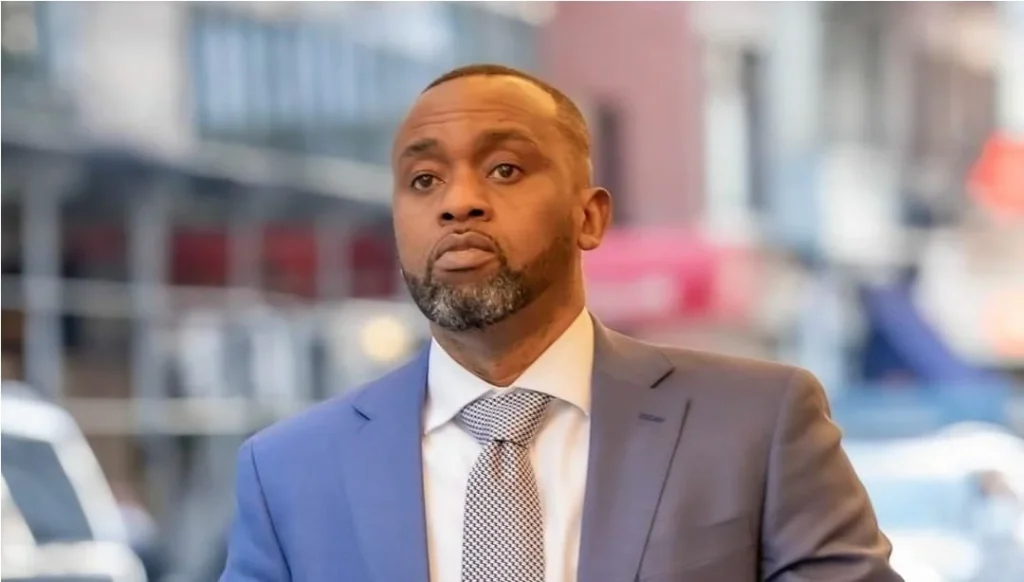The ongoing violence in Nigeria, particularly the recent killing of farmers in Benue State and similar atrocities in Southern Kaduna, is deeply troubling. Innocent people are being brutally murdered, and this is often attributed to conflicts over land and resources, especially between herders and farmers. But the core issue seems to lie in the use of cattle herding as a front for more sinister expansionist agendas.
The cattle herding problem is often portrayed as a traditional way of life for certain groups, but the growing violence suggests it has been hijacked by violent actors who use it as a pretext to forcefully seize land and displace indigenous populations. Historical cattle breeders, such as retired General Abdulsalami Abubakar, have shown that ranching and herding can be done peacefully and responsibly. However, the perpetrators of the current violence seem less concerned with cattle and more with asserting territorial control through terror.
The violence affects not just the Middle Belt, but nearly every region of Nigeria, from the far North to the South. States like Katsina, Zamfara, and others in the Northwest have been plagued by kidnappings, village raids, and mass killings. The violence has driven farmers from their lands, threatening Nigeria’s food security and plunging communities into poverty and despair.
At the heart of the problem is a fundamental disregard for human life. Those responsible for these killings view their victims as expendable in pursuit of their goals. Furthermore, the state seems unable or unwilling to take effective action to halt the violence, and many Nigerians are left feeling abandoned by their government.
The situation raises bigger questions about Nigeria’s future as a united country. The Berlin Conference of 1884-1885 created artificial borders that lumped together diverse ethnic groups, many of whom have clashed over resources and territory for centuries. These divisions have only deepened over time, and some now call for a national dialogue to decide whether Nigeria should continue as one country or break into smaller, more manageable units.
The issue is compounded by the presence of foreign actors, particularly terrorists from other parts of Africa, who have further destabilized the region. Boko Haram, ISWAP, and other insurgent groups have contributed to the chaos, complicating efforts to establish peace.
The way forward requires a rethinking of Nigeria’s approach to governance and conflict resolution. The first step is to acknowledge that Nigeria’s ethnic and religious diversity must be respected and protected. Attempting to dominate or displace one group over another will only lead to more violence and unrest. The country must move towards dialogue and negotiation, as wars have consistently shown to be ineffective at resolving disputes in the long term.
Additionally, the government must take decisive action to disarm violent groups and end the culture of impunity that allows them to operate freely. Law enforcement and security agencies must be empowered and held accountable to protect citizens and ensure that justice is served.
Finally, Nigeria must face the reality that the colonial construct of the nation has outlived its usefulness. If different groups cannot coexist peacefully within the same borders, then peaceful separation should be considered as an option. This would allow each group to govern itself and develop its resources without constant conflict over land and political power.
The article concludes with a call for urgent action: Nigerians must reject violence and embrace peaceful negotiation to find a path forward. Without this, the country faces an uncertain and dangerous future, one in which peace and stability remain elusive.













